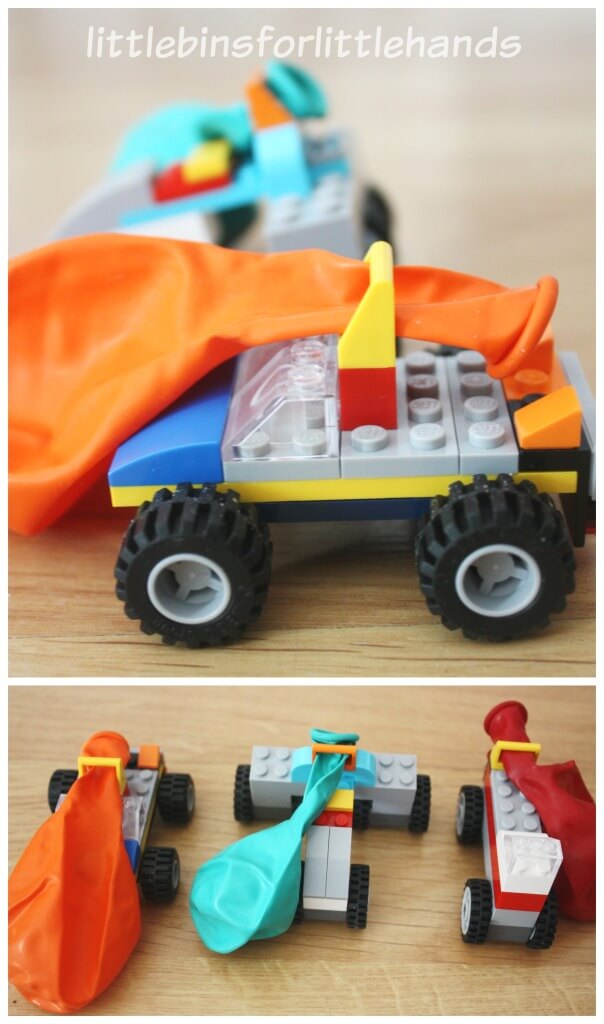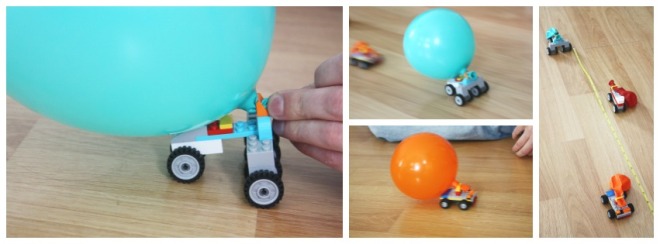



Ladybird will transform the way we monitor and harvest vegetables in a broad-acre setting. The project is in collaboration with Horticulture Australia and Aus Veg.
The mobile ground robot and supporting intelligent software will have the capability of conducting autonomous farm sensing and manipulation tasks for various vegetable crop varieties. These will include mapping, classification, detection, weeding and ultimately harvesting.
The Ladybird robot is a lightweight omni-directional electric vehicle, inspired by the Coccinellidae (Ladybird). It is equipped with sensing, manipulation, communication and supporting hardware and software. Various user interfaces will also be developed for the growers, contractors and harvesters, so that they can control the robot and use the information derived from the system.
The system has been commissioned during its first field trial at a commercial vegetable farm near Cowra, New South Wales.
Source: Australian Centre for Field Robotics, The University of Sydney
Robot Ranchers Monitor Animals on Giant Australian Farms This article appeared in New Scientist 28 May 2106.
This activity can be completed to investigate drones, droids and robots. In this activity you will be investigating a current, existing use of a robot/drone/droid. Your job is to research your chosen device and answer the following questions.
The e-NABLE Community is an amazing group of individuals from all over the world who are using their 3D printers to create free 3D printed hands and arms for those in need of an upper limb assistive device.
They are people who have put aside their political, religious, cultural and personal differences – to come together and collaborate on ways to help improve the open source 3D printable designs for hands and arms for those who were born missing fingers or who have lost them due to war, disease or natural disaster.
The e-NABLE Community is made up of teachers, students, engineers, scientists, medical professionals, tinkerers, designers, parents, children, scout troops, artists, philanthropists, dreamers, coders, makers and every day people who just want to make a difference and help to “Give The World A Helping Hand.”
Source: Enabling the Future
Source: ABC Splash

RoboCup is a robotics soccer competition with a World Cup title as the prprize. All teams are required to use Aldebaran NAO humanoid robots. Writing the best software possible is where the element if competition comes in to play. It is no easy feat writing code to get a robot to kick a ball, perfectly time to trap a ball or simply walk without falling over. The skill of the programmers is where the competition lies. All robots are fully autonomous.
RoboCup's 2050 Millennium Challenge was set when the robotics competion was launched in 1997 with the official aim that "by mid-21st century, a team of fully autonomous humanoid soccer players shall win the soccer game, complying with the official rule of the FIFA, against the winner of the most recent World Cup".
Source: David Budden, Australian robots are victorious in the other soccer World Cup
 Source: National Geographic
Source: National Geographic
This game involves guiding a robot over 12 terrain grids towards a target, all without draining its battery. NASA robotics experts test robots that will be used for exploration on Mars and the moon. Through this interactive game, ROVER, students can see what it's like to be someone that designs and tests robots before sending them to a distant location.
Source: NASA
 Lego Balloon Cars
Lego Balloon Cars Students are to design a car made out of LEGO. The attachment of a balloon should be incorporated in to the design of each car. The balloon will be the source of power for the car.
Once the cars are made, students are to line up their cars for a race. A tape measure will be required to measure the distance each car travels.
To power the car, blow up the balloon and let it go. Record the distance travelled by each car.
Evaluate the design of the car and perhaps redesign it to make it travel further.
Students are to write up the observations of their car design, racing capabilities and the impact of their design on the distance travelled.


Autopilot features are progressively enabled over time with software updates. Autopilot allows Model S to steer within a lane, change lanes with the simple tap of a turn signal, and manage speed by using active, traffic-aware cruise control. Digital control of motors, brakes, and steering helps avoid collisions from the front and sides, and prevents the car from wandering off the road. Autopilot also enables your car to scan for a parking space and parallel park on command. And our new Summon feature lets you "call" your car from your phone so it can come greet you at the front door in the morning.
Source: Tesla
A Tesla saved its owners life by using autopilot to get him to the hospital Follow this link to an article about a driver using autopilot to take him to the hospital while he was experiencing a pulmonary embolism.